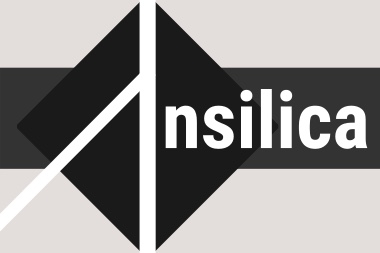Event Calendar
|
ASCCT-ESTIV Award Winners Webinar - 3
Thursday, April 11, 2024, 10:00 AM - 11:30 AM EDT
Category: Webinar
ASCCT-ESTIV Award Winners Webinar Series, Part 3Registration is Now Open!Join us for a webinar featuring presentations from several 2023 ASCCT and ESTIV Award Winners, including: Damaris Cristine Marios Ferreira Pinto, winner of the ASCCT International Travel Award Biotechnologist and a human and environmental safety assessor Grupo Boticário in Brazil Research Topic: "Assessing Sunscreen Product Toxicity on Coral Fragments: A New Approach methodology for Enhancing Reliability and Addressing Environmental Concerns" Brief Abstract: A New Approach Methodology (NAM) for assessing sunscreen toxicity on coral fragments by evaluating the entire product composition rather than individual ingredients. The study assessed seven sunscreens and found that two had harmful effects while five did not. This approach could help establish criteria for "reef-safe" sunscreens. Jerry Achar, winner of the Suzanne Fitzpatrick Student Travel Award (ASCCT) PhD candidate at the Institute for Resources, Environment and Sustainability at the University of British Columbia (Vancouver, Canada) Research Topic: "Facilitating analysis of implicit uncertainties in QSAR prediction of chemical toxicity: a case study of neurotoxicity" Brief Abstract: This study identified and characterized implicitly and explicitly expressed uncertainties in peer-reviewed scientific studies predicting the neurotoxicity of chemical compounds using QSAR models. A line-line text analysis was applied to identify implicit and explicit uncertainty indicators. The expressed uncertainties were identified by analyzing the context in which each indicator was used in an indicator-containing sentence. Each identified uncertainty was categorized using our previously developed uncertainty categorization framework, and the relative frequencies of implicit and explicit uncertainties calculated were compared. The levels of uncertainties were then characterized using a 3-point uncertainty ranking scheme. The study results show that implicit uncertainties occur significantly more than explicit uncertainties. Uncertainties related to, for example, mechanistic plausibility, descriptor concordance, model relevance, and model performance are high-level uncertainties. Those related to, for example, model structure and descriptor relevance are moderate-level uncertainties, while those related to data validity and metabolic domain are low-level uncertainties. The study can raise awareness among scientific communities and decision-makers about the uncertainties of concern in the QSAR prediction of neurotoxicity of chemicals and guide in designing strategies to transparently communicate (especially) implicit uncertainties in QSAR modeling exercises. Kirsten Veltman, winner of the ESTIV Best Poster Presentation at the EUROTOX2023 Congress in Ljubljana, Slovenia PhD Candidate at the Centre for Health Protection (GZB), Innovating Testing Strategies (VTS), Dutch National Institute for Public Health and the Environment (RIVM) Research Topic: "Application of Weighted Gene Co-expression Network Analysis as Mode of Action Screening Method for Suspected Non-Genotoxic Carcinogens Inducing Oxidative Stress" Brief Abstract: A New Approach Methodology (NAM) for mode of action screening of chemicals by evaluating transcriptomic changes in gene clusters using Weighted Gene Co-expression Network Analysis (WGCNA). In this study we focus on chemical induction of oxidative stress leading to regenerative proliferation as mode of action and review transcriptomics changes in primary human hepatocytes exposed to various chemicals including non-carcinogens, non-genotoxic carcinogens and genotoxic carcinogens. This approach can be applied to inform further NAM-based testing strategies. These promising early career scientists will share brief discussions of their work followed by a Q&A. |

 Prev Month
Prev Month View Month
View Month Search
Search Go to Month
Go to Month Next Month
Next Month Export Event
Export Event 




